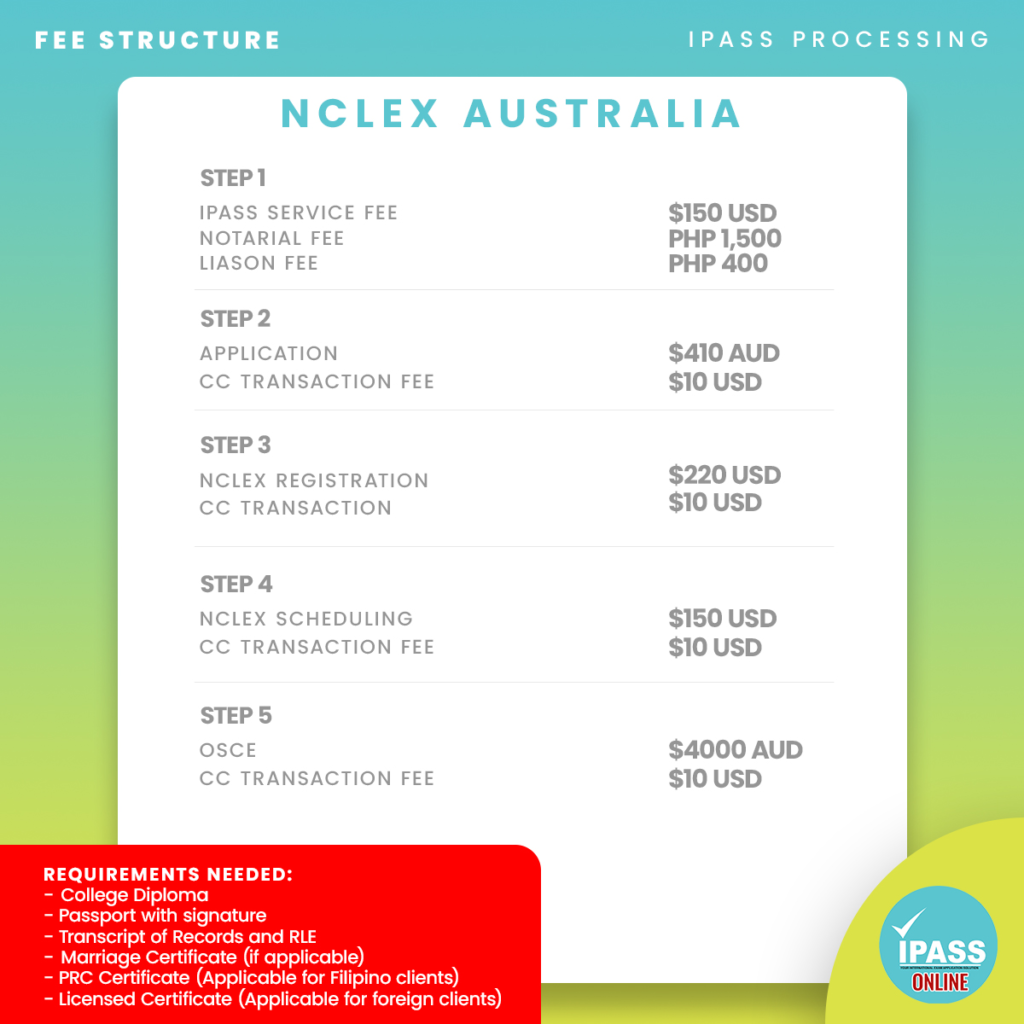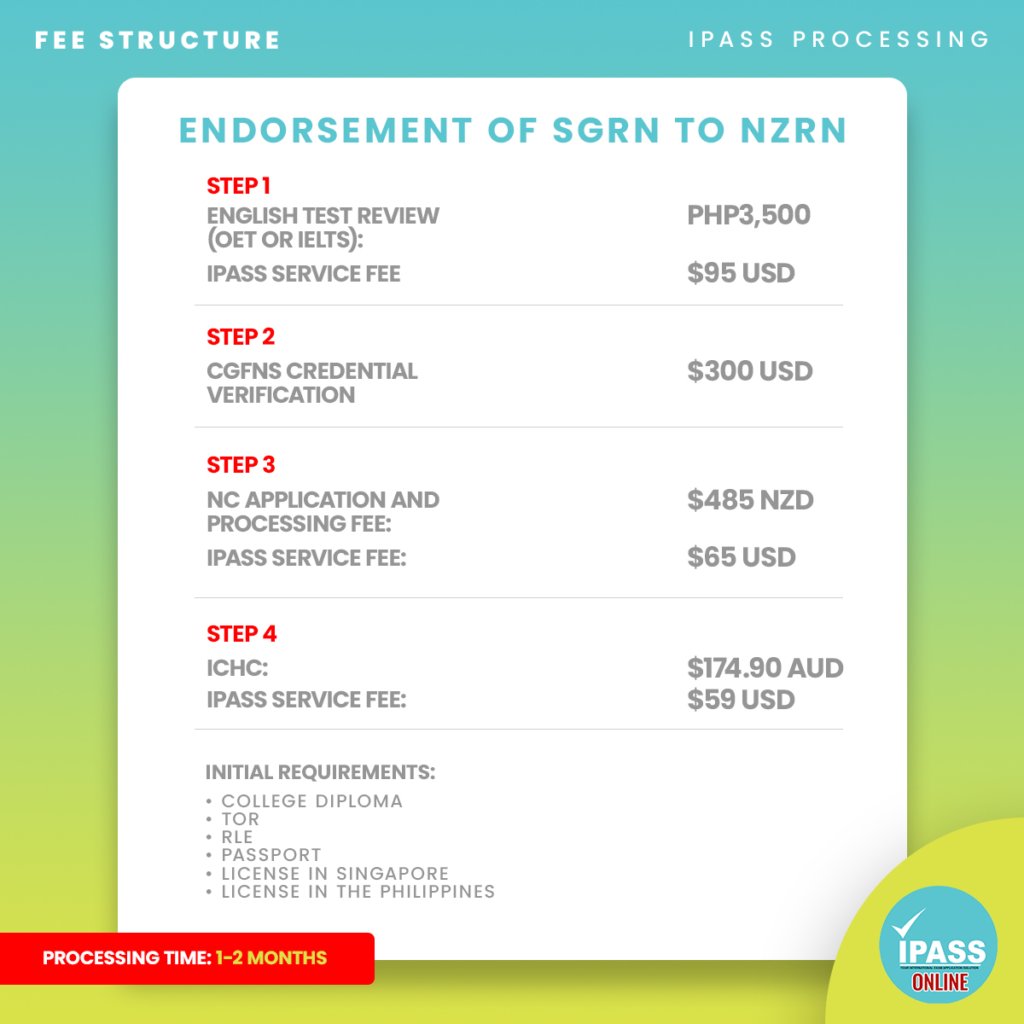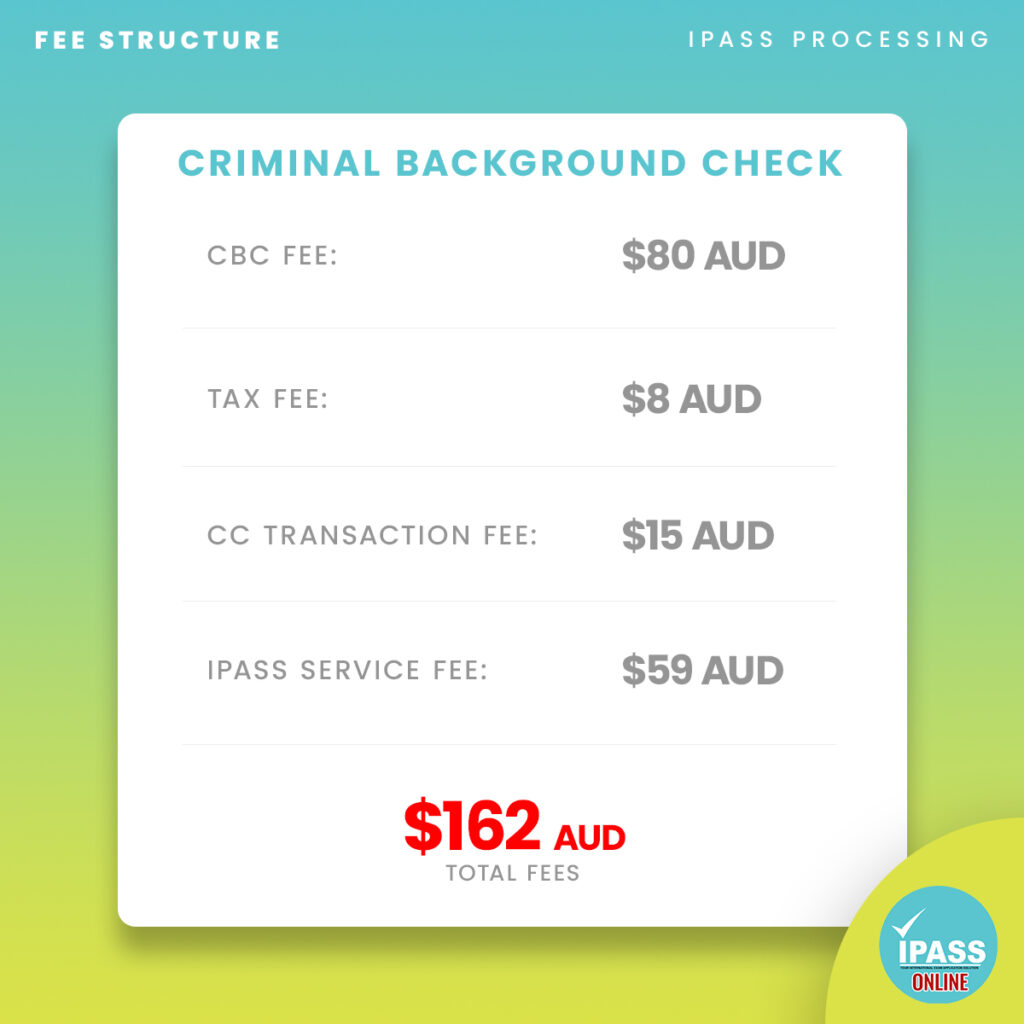(Estimated reading time: 3 minutes)
Candidate performance on the NCLEX examinations only has a pass-fail decision. They do not report the candidate’s scores. As a result, almost all the statistics presented here are pass rates or statistics based upon a pass-fail decision. To make pass-fail decisions, the computer seeks to determine with 95% certainty whether the candidate’s true ability is above or below the passing standard. Three pieces of information are need to do this. They are the current person ability estimate, the precision of that estimate and the passing standard. The computer compares the candidate’s ability level to the standard required for passing after they answer the minimum items.
Candidates clearly above the passing standard pass. Candidates clearly below the passing standard fail. If the candidate’s ability level is close enough to the passing standard that it is not clear which side of the passing standard his or her ability falls, the computer continues asking items. The more the candidate answer the items, the more it precisely they can calculate the candidate’s ability estimate. They compute the candidate’s ability level after they answer each item. Its using all of the information (answers to all the items asked) available at that point. When it becomes clear on which side of the passing standard the candidate’s ability falls, the examination ends. Some candidates’ abilities are very close to the passing standard. For these candidates, all items in the item pool might not provide enough information to be certain their ability is truly above or below the passing standard.
These are the candidates who take the maximum number of items. Once the maximum number of items is administered, the computer waives the 95% certainty requirement and makes a pass or fail decision based upon the candidate’s final ability estimate.

If the candidate’s ability estimate is above the passing standard, the candidate passes. However, if not, he or she fails. If an NCLEX examination ends because time runs out, then the computer does not have enough information to make a clear pass-fail decision; if it did, it already would have stopped administering items. However, when the response patterns of people who ran out of time were investigated, it was found that some had been performing consistently above the passing standard, and their ability level appeared to be above passing, although close to it.
A mechanism is therefore provided for these candidates to pass. The key word here is “consistently”. If a candidate’s ability estimate is consistently above the passing standard over the last 60 items; they will pass, despite having run out of time.














No Comments